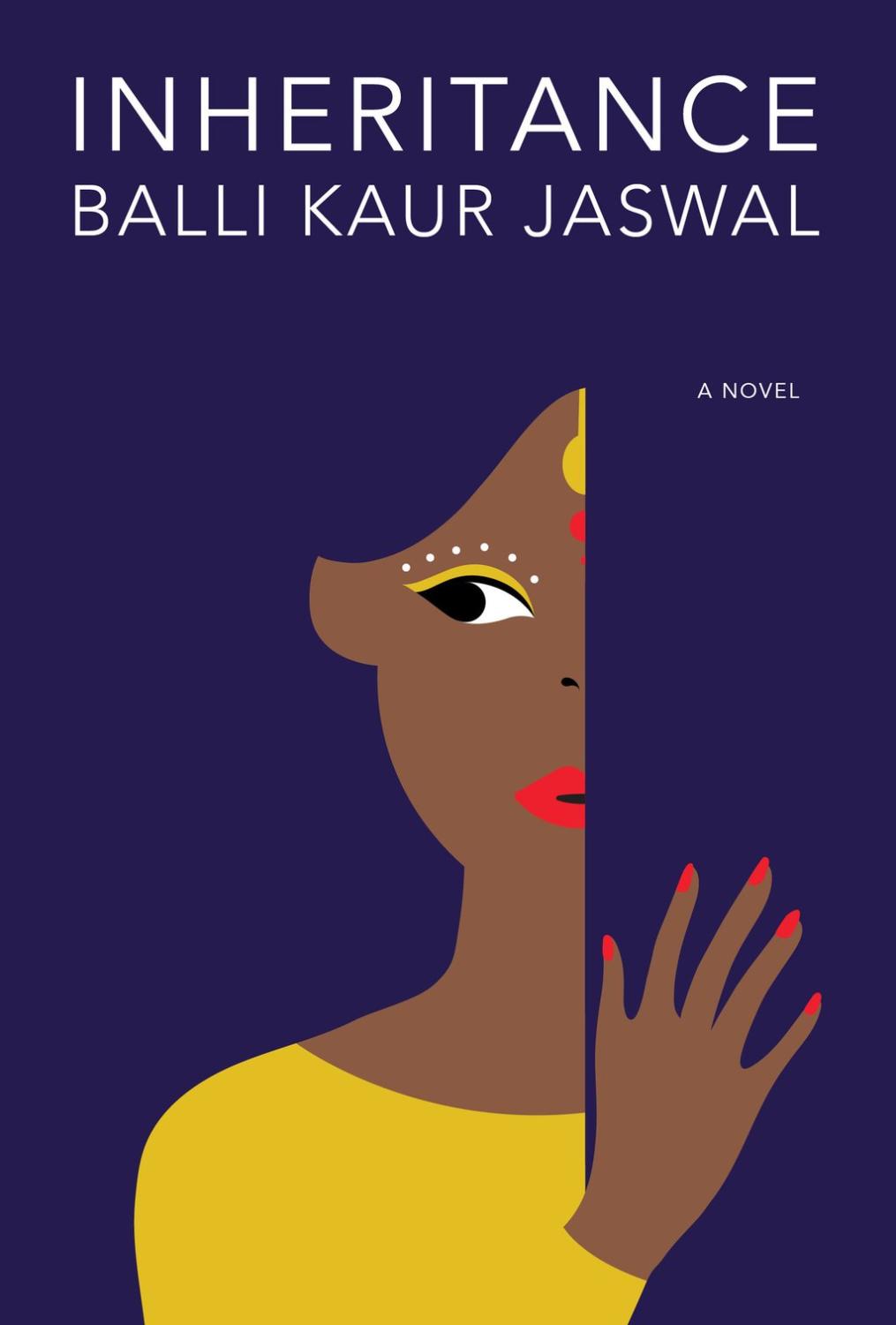The Novelist Balli Kaur Jaswal Tells Her Story
Balli Kaur Jaswal hooks readers through storytelling on an ethnicity and religion the Western media has hardly seen: Sikh-Punjabi migrants.
Photo provided courtesy of Epigram Books
Balli Kaur Jaswal has been commended for her ability to hook readers worldwide with her books, which combine enthralling storytelling with crucial diversity of characters and thought.
Balli Kaur Jaswal is an anomaly in the world of Western authors — while other novels focus on cultures well-known and familiar to American audiences, Jaswal puts a unique spin on her novels by meshing the stories of her characters with Punjabi culture and the Sikh religion.
Both the culture and religion Jaswal hails from are relatively unknown and unexplored by Western media, and her novels serve the purpose of simultaneously entertaining readers and informing them of the nuances of a community that has never before been featured so majorly in Western literature. Jaswal’s four novels all tell various stories across different settings, but each shares the same cultural background — Punjabi-Sikh women navigating the intersection of the cultures of their background and the circumstances of the countries they live in.
In telling these stories, Jaswal cleverly blends narrative immersion with key representation of a minority group, putting an interesting spin on the rising focus on diversity in all aspects of the media. Jaswal elaborated on her creative process and the significance of her novels’ subject matter, both in terms of representation and content, in an interview that I conducted for The Science Survey conducted in early May 2022.

MK: How did you first get into creative writing? What inspired you to choose writing as your profession?
BKJ: I have always loved stories. I enjoyed having them read to me when I was little, and then I was a voracious reader all through my childhood. Stories provided me with escape, adventure, and affirmation. I also experienced a strong compulsion to create my own narratives. Most adults dismissed it as an indulgence and expected that I would outgrow this phase but it clearly lasted. I majored in English Literature with a concentration in Creative Writing when I was in college, and I fully expected stories to be part of my profession in whatever form. I taught high school English for seven years, worked as a journalist for a little while, and wrote fiction in my spare time. My whole life has (and probably will always) revolved around stories.
MK: How do you feel that your background as a Sikh, Punjabi woman has impacted your writing style and the content of your novels?
BKJ: There is a rich tradition of storytelling in Punjabi culture that probably shaped my desire to write, in that every experience or incident took on the shape of a narrative when my parents retold them at the dinner table. These moments were largely seen as entertainment or the occasional imparting of a “moral lesson,” but I think they probably provided me with a template for creating narratives.
MK: How did your childhood and growing up in Singapore, where the Sikh community is far and few between, influence your career?
BKJ: As a child, I was attuned to inequalities between genders when it came to how boys and girls were treated differently, and I found myself questioning the prescribed behaviors expected of a girl. The challenges of feeling silenced and marginalized make for good writing material because if you have something to say and nobody is letting you say it, you can channel it into writing. It’s another reason why creating stories feels like such an intimate and sacred act for me.
MK: What greater themes and lessons do you hope readers will take away from your novels?
BKJ: I don’t really write to impart lessons. My hope is that readers are immersed in my world, with all of its curiosities and contradictions. Each of my novels is a piece of myself. They are the result of my trying to understand and reconcile questions about the way people are. Readers with the same cultural background find parallels to their own lives, which is rewarding for me as a writer. It’s just as exciting to introduce and welcome readers to a world that is unfamiliar, and hopefully, provide them with a nuanced understanding of migrant communities.
MK: Just as in many other cultures, there are many injustices that go unpunished and unheard within the Sikh community. You touch on these injustices in your writing. Why do you speak on these issues, and what impact do you hope your writing will have?
BKJ: I believe it’s important to speak about these issues because community is for everybody. It’s our duty to include and care for the more vulnerable people in our society. There’s a misperception that people who speak out about issues in immigrant communities – particularly communities upheld as model minorities – are airing dirty laundry and perpetuating negative stereotypes. That’s a fallacy and a distraction, and it does nothing to address inequality.

MK: In Punjabi Widows, you wrote at length about the affairs of widows within the Punjabi community, touching on the way they are marginalized and ignored. What inspired you to tell this story?
BKJ: I’ve always been interested in how women in conservative societies experience and express desire when they are policed and controlled by men. What knowledge did Punjabi women from my grandmother’s generation have of sex and intimacy, and how was that passed down to them? I wanted to know what would happen if I put a group of Punjabi widows – who had spent their whole lives in the shadows of their husbands – in a space where they could talk freely about these things. Once I began writing, I realized that if women began discussing one aspect of marginalization, the floodgates would open and they would become empowered to address other issues too. That’s why a number of other issues were woven into the novel: racism, sexism, class and caste hierarchies, domestic abuse, and many other forms of alienation that impact these women on multiple levels.
MK: What can you tell us about Now You See Us, your upcoming novel? How does it compare to, or differ from, your past works?
BKJ: Now You See Us is about three domestic workers in Singapore who band together to prove the innocence of another domestic worker who is accused of murder. It differs from my other novels in that it is a story about the Filipina migrant worker community rather than the Punjabi community. It’s also my first novel set in Singapore that will be published internationally (my first two novels Inheritance and Sugarbread are set in Singapore but their releases were limited to Australia, Singapore, the UK, and India). But like all of my other work, it highlights prejudice, injustice, and marginalization. It’s darkly comedic, similar to Punjabi Widows in tone. Now You See Us will be released in early 2023.
MK: What message(s) do you have for young women of color who aspire to pursue a career in writing?
BKJ: Your stories matter just like you matter. Your experiences of complexity, contradiction, and curiosity are absolutely worth writing about. I think a lot of POC women – especially kids of immigrant parents – are discouraged from pursuing a career in the writing or the arts because there’s a perception that it’s unstable. I understand the migrant fear of scarcity (I experienced this as well), but plenty of opportunities exist for writers if you are resourceful and if you are willing to hustle. I am my truest self when I am writing, and any woman of color probably knows what it means to yearn for a sense of total belonging. If writing does that for you as well, go for it.
“Each of my novels is a piece of myself. They are the result of my trying to understand and reconcile questions about the way people are. Readers with the same cultural background find parallels to their own lives, which is rewarding for me as a writer. It’s just as exciting to introduce and welcome readers to a world that is unfamiliar, and hopefully, provide them with a nuanced understanding of migrant communities,” said Balli Kaur Jaswal.
Mandeep Kaur is an Arts and Entertainment Editor for ‘The Science Survey.’ She finds journalistic writing to be greatly appealing for its ability to...

